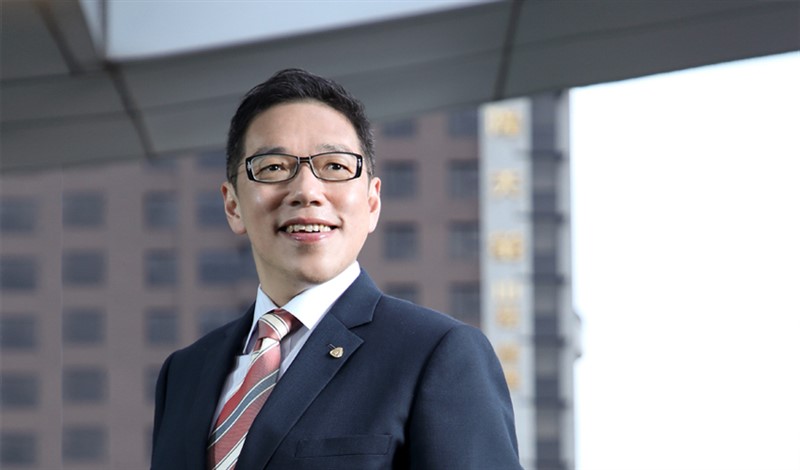Editor's Note
2022.02
Thanking Korea, Taiwan's Frenemy

Thirty years ago, South Korea, Taiwan’s only remaining diplomatic ally in Asia at the time, announced it would sever diplomatic relations with Taiwan in order to officially recognize China. Seoul handled the issue clumsily, failing to give Taiwan adequate notice and disregarding the two countries’ historical friendship. Korea coldly demanded that the staff of the Taiwanese embassy leave the country within 24 hours, and even forcibly handed the assets of the embassy over to China. Taiwan felt deeply humiliated and betrayed. In response, people gathered to demolish signboards and throw eggs at the Korean embassy on Section 4 of Zhongxiao East Road in Taipei. That year, South Korea had a per-capita GDP of US$ 1,993, while Taiwanese earned 1.34 times as much, US$ 2,675. Since then, the two countries, both known as Asian Tigers, have adopted different development strategies. Taiwan mainly competes using small and medium-sized enterprises. Korea, in contrast, has encouraged development of international brands with high leverage and vertical integration. Despite the impact of the Asian financial crisis during this period, due to national unity and the rapid adjustment of industry structure, Korea has always maintained strong growth momentum. After entering the 21st century, it not only surpassed Taiwan in terms of income, but also continued to widen the economic gap between the two countries, approaching Japan’s lead in Asia. Besides the economy, because of its strong sense of national identity, absence of constraints from China, and innovative spirit, Korea has achieved impressive results in international diplomacy and cultural and creative promotion. Not only do a number of Koreans serve as secretary-general-level officers of important international organizations, responsible for promotion of important international initiatives, but the “Korean wave” has also borne fruit for the country in the global entertainment sector. South Korean performing artists frequently win Oscars, Grammys, and Golden Globes. The most prominent example of this is the Korean idol group BTS. Besides earning support from fans around the world, BTS has also spoken three times at the United Nations for the world’s youth. These outstanding achievements all help explain the formation of the Taiwan-Korean generation. Alongside the discord between Taiwan and Korea caused by the loss of diplomatic relations, Taiwan also appreciates the rise and transcendence of Korea. In recent years, however, facing the same challenge of China's rise, Korea too began to experience an industrial hollowing out as its manufacturers decamped for China. Further, over-reliance on the Chinese market has hampered the flexibility of Korean industry and government in relations with the US and China. At the same time, close ties between Korea’s chaebols and the government, soaring housing prices and a widening wealth gap have led to popular discontent, with some ordinary Koreans feeling the system is rigged against the majority. With that in mind, Taiwan’s return on capital investment and complete and flexible supply chain, amidst international supply chain restructuring, combined with economic growth and exchange rate appreciation, may create an opportunity for its national income to lead South Korea’s again. In all fairness, just like in school, no matter whether or not you become good friends, you are lucky to have an excellent classmate who competes with you through the years, forcing you to keep up. In the real world, Korea is geographically close to Taiwan, with a similar development story. With such competitive partners who value national image and strive for survival and growth, we can recognize bottlenecks and strive to overcome them. This is the hard-to-replicate function of the “frenemy.” Taiwan does not aim to improve its quantitative ranking with Korea. Rather, Korea will help us continuously reflect upon ourselves. If we do not progress forward, we retreat. Taiwan needs a firmer development orientation to unite and advance towards a better future.



